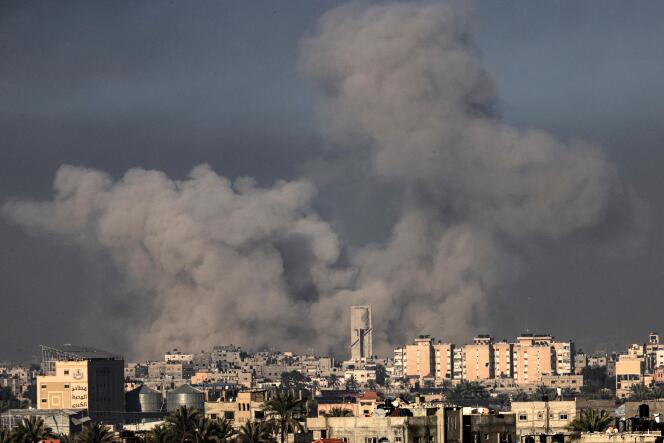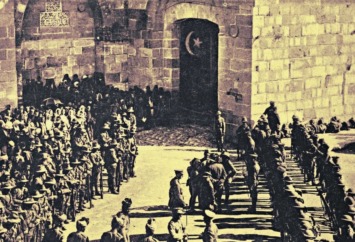On October 7th, 2023, the long-standing Israel-Palestine conflict took a devastating turn when Hamas, the governing authority in Gaza, launched an unprecedented surprise attack on Israel. This attack marked one of the deadliest escalations in recent history. Hamas militants infiltrated Israeli territory, targeting civilians and military installations alike, resulting in widespread casualties. This sudden escalation shocked the region and the world, leading to swift and heavy retaliation by Israel. The incident triggered an intensification of the conflict that quickly spread to both Gaza and the West Bank.
The initial attack left hundreds of Israelis dead and thousands more wounded, sending shockwaves through the country. Hamas utilized a coordinated strategy of rocket fire, ground infiltration, and surprise ambushes. The Israeli government declared a state of emergency, and Prime Minister Benjamin Netanyahu vowed to respond with unprecedented force. Within hours, Israel launched airstrikes across Gaza, targeting Hamas strongholds, military facilities, and infrastructure. This response led to significant destruction in Gaza, with thousands of Palestinians killed or displaced, and critical infrastructure, including hospitals and schools, severely damaged.
The aftermath of the October 7th attack was marked by a rapid escalation of violence that spread beyond Gaza. In the West Bank, Israeli military operations increased, leading to widespread clashes between Israeli forces and Palestinians. Protests erupted globally, with supporters of both Israel and Palestine taking to the streets, calling for an end to the violence. International leaders expressed concern over the growing humanitarian crisis in Gaza, as food, medical supplies, and other essential resources became scarce due to the blockade and ongoing airstrikes.
The global reaction to the October 7th incident was mixed. While some countries condemned Hamas for its actions, others called for restraint from both sides, urging an immediate ceasefire. The international community, including the United Nations, pushed for peace talks, but both sides remained entrenched in their positions. Israel’s security concerns, particularly the threat posed by Hamas, were countered by calls for the protection of Palestinian civilians who were caught in the crossfire of the retaliatory strikes. The incident reignited the long-standing debate over the occupation of Palestinian territories, the humanitarian crisis in Gaza, and the lack of a viable two-state solution.
As the conflict rages on, the October 7th attack stands as a stark reminder of the fragile and volatile nature of the Israel-Palestine conflict. The escalation has worsened an already dire situation, with thousands of innocent lives lost on both sides. While calls for peace continue to echo globally, the path forward remains uncertain. The international community faces the challenge of not only de-escalating the current violence but also addressing the underlying issues that have fueled decades of conflict in the region.




